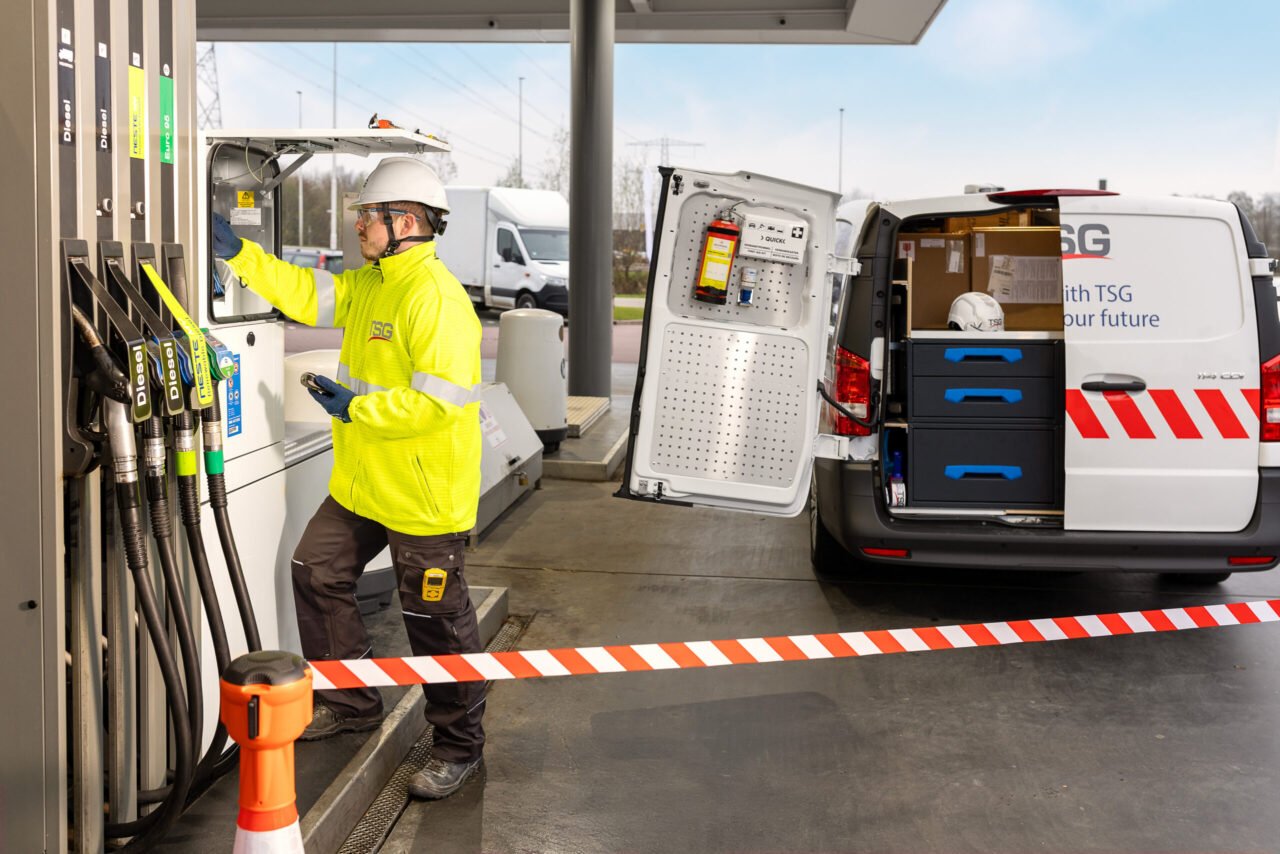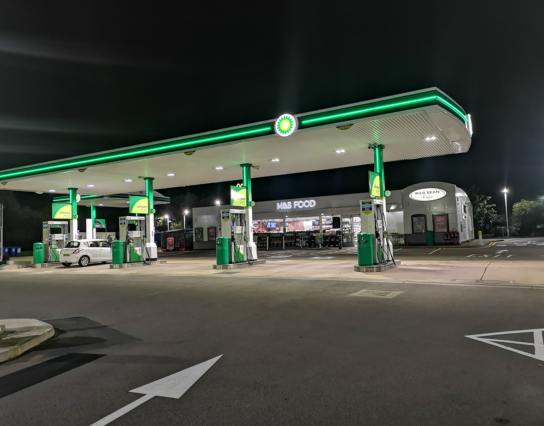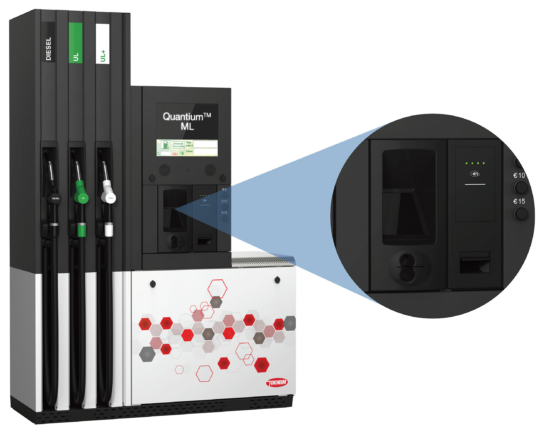Smarter approach - Planned Preventive Maintenance
In the fast-moving world of forecourts and EV hubs, reliability is everything. Equipment failure leads to lost revenue, frustrated customers and reputational damage. While reactive maintenance may seem like a quick solution, it often results in higher costs and greater disruption. The smarter approach is Planned Preventive Maintenance (PPM), a proactive strategy that keeps operations running smoothly, safely and cost-effectively. This article explores how PPM delivers engineering excellence and why it is essential for future-focused operators.
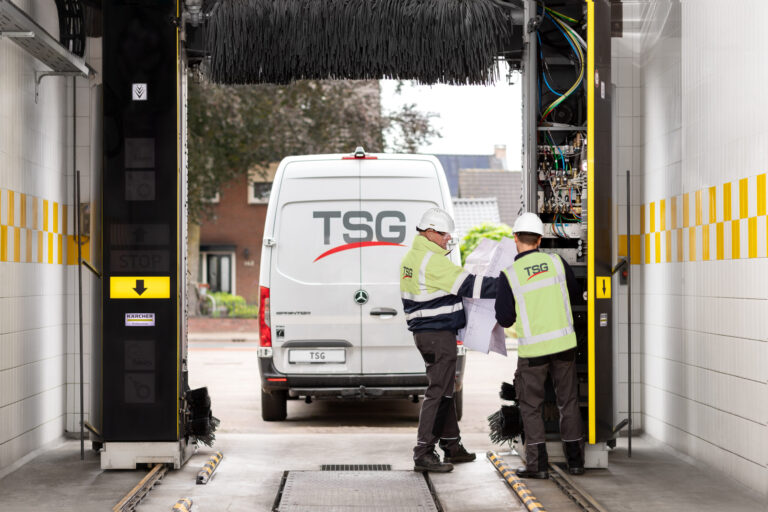
Prevention Over Cure
PPM is a structured maintenance strategy that schedules inspections and servicing while equipment is operational. It replaces the uncertainty of reactive repairs with a predictable routine, allowing site owners to plan ahead and avoid costly surprises. By identifying wear and tear early, PPM helps extend the life of dispensers, chargers and wash systems, while reducing the frequency of breakdowns and emergency callouts.
This approach also supports operational stability. When equipment is maintained regularly, staff can focus on customer service rather than troubleshooting faults. It creates a more stable working environment and builds confidence across the business.
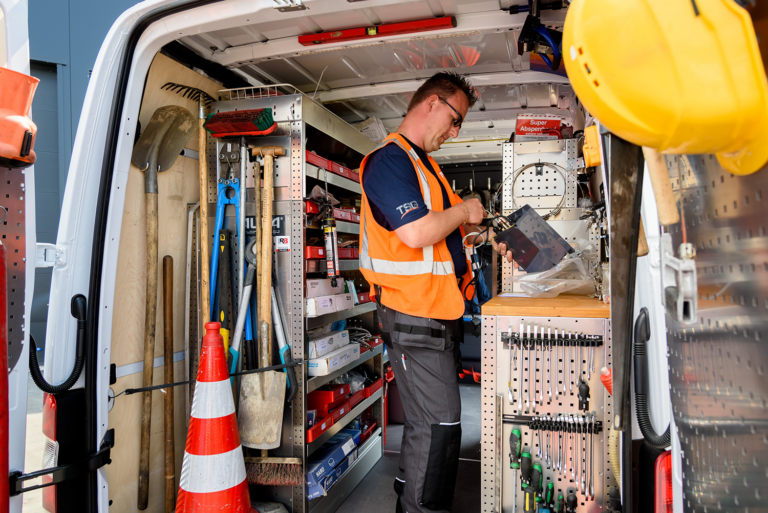
Uptime Drives Profitability
Downtime is more than an inconvenience; it disrupts service, damages customer trust and directly impacts revenue. Fuel dispensers and EV chargers must be available and fully operational to meet customer expectations and maintain service continuity. PPM ensures that filters are clean, components are intact and systems are calibrated to deliver consistent performance.
Uptime is a competitive advantage for busy forecourts and EV hubs. Customers expect fast, reliable service. If they encounter delays or faults, they may not return. Regular maintenance helps avoid these issues and keeps the site running, delivering consistent service.
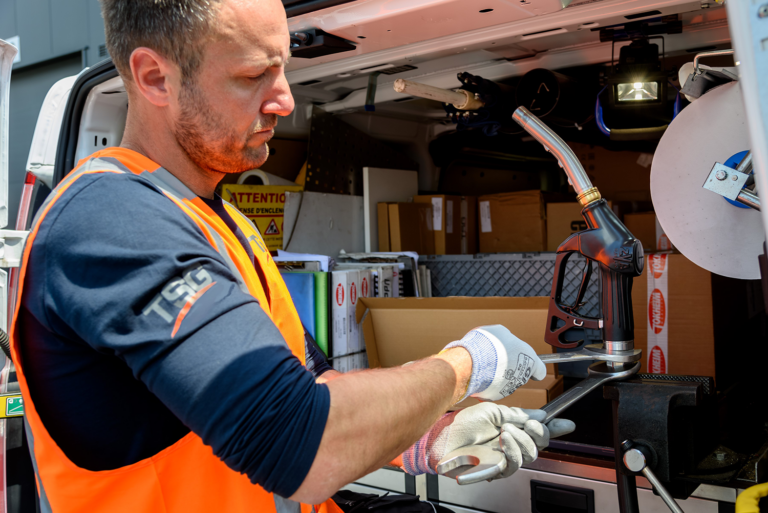
Safety and Compliance
Safety is a critical concern for any site operator. Faulty hoses, damaged cables or corroded fittings can pose significant risks to staff and customers. PPM helps identify and resolve these hazards before they escalate, reducing the likelihood of accidents and supporting compliance with health, safety and environmental regulations.
This includes maintaining lighting, signage, interceptors and canopy structures, which help create a safe and welcoming environment. Site maintenance is pivotal in protecting people, presenting a professional image and building customer confidence.
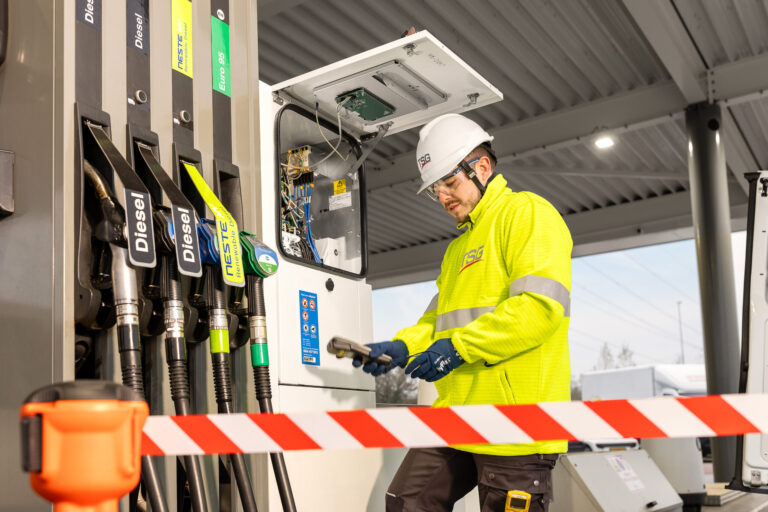
The Cost of Inaction
Unplanned downtime can lead to lost sales, customer dissatisfaction and operational disruption, especially in environments where equipment availability is critical, such as EV charging bays or single-bay wash systems. While reactive maintenance remains a practical model for many retail forecourt operators, particularly where multiple dispensers are available, meaning a fault with one unit is less likely to disrupt overall service, it can still leave businesses exposed to unexpected interruptions.
PPM offers an alternative approach for sites where uptime is paramount. By addressing minor issues before they escalate, PPM helps reduce the likelihood of service interruptions and supports smoother day-to-day operations. It also enables more predictable budgeting, as maintenance activities can be scheduled and managed over time.
For operators managing high-dependency assets or large networks, this level of control supports long-term planning and operational resilience, helping to keep critical equipment available when it’s needed most.
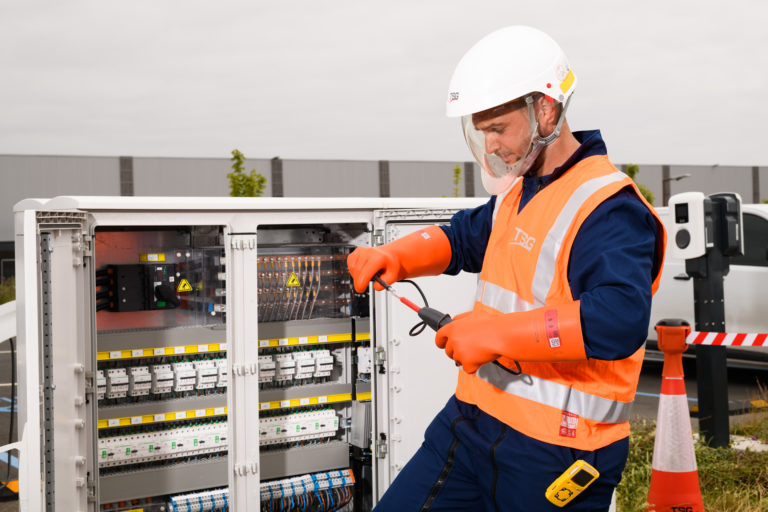
EV Charging: Reliability Powers Reputation
As electric vehicles become mainstream, the pressure on charging infrastructure continues to grow. For operators, reliability is essential. An offline charger or underperformance can quickly erode customer trust and damage the site’s reputation.
PPM for EV charge points includes inspecting transformers, circuit breakers, cooling systems and connectors. It also involves load balancing checks to confirm that power is distributed evenly across all units and charging performance remains stable.
Regular cleaning and visual inspections are also important. Dust, grime and vandalism can affect performance and deter users. Staff should ensure bays are accessible, payment terminals are functional and the site is free from obstructions.
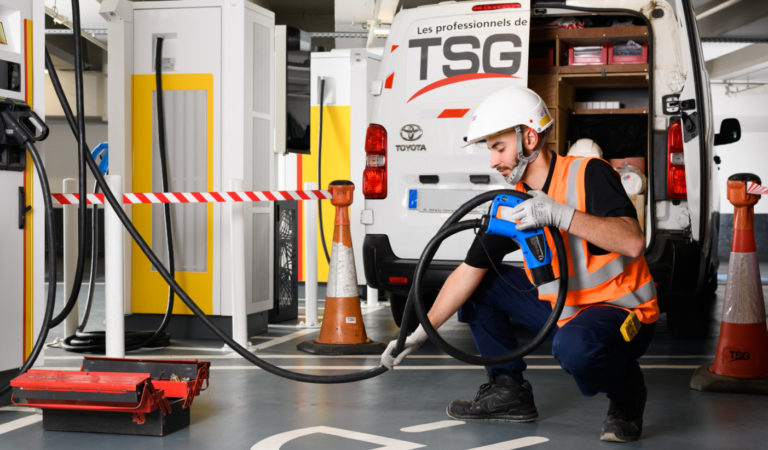
Regulations Driving Reliability
New legislation introduced under the Public Charge Point Regulations 2023 sets a reliability standard of 99 percent for rapid chargers across a Charge Point Operator’s network. To demonstrate compliance, operators must provide quarterly reports to the Secretary of State, covering network uptime and the nature of user support requests.
These regulations aim to improve the charging experience and accelerate the adoption of electric vehicles. They place greater responsibility on operators to maintain their equipment to a high standard. A robust PPM strategy is now essential not just for performance, but for legal compliance.
It is worth noting that chargers located in private residential areas or staff-only car parks are exempt from these rules. However, public charging hubs must meet the new standards to avoid penalties and maintain public trust.
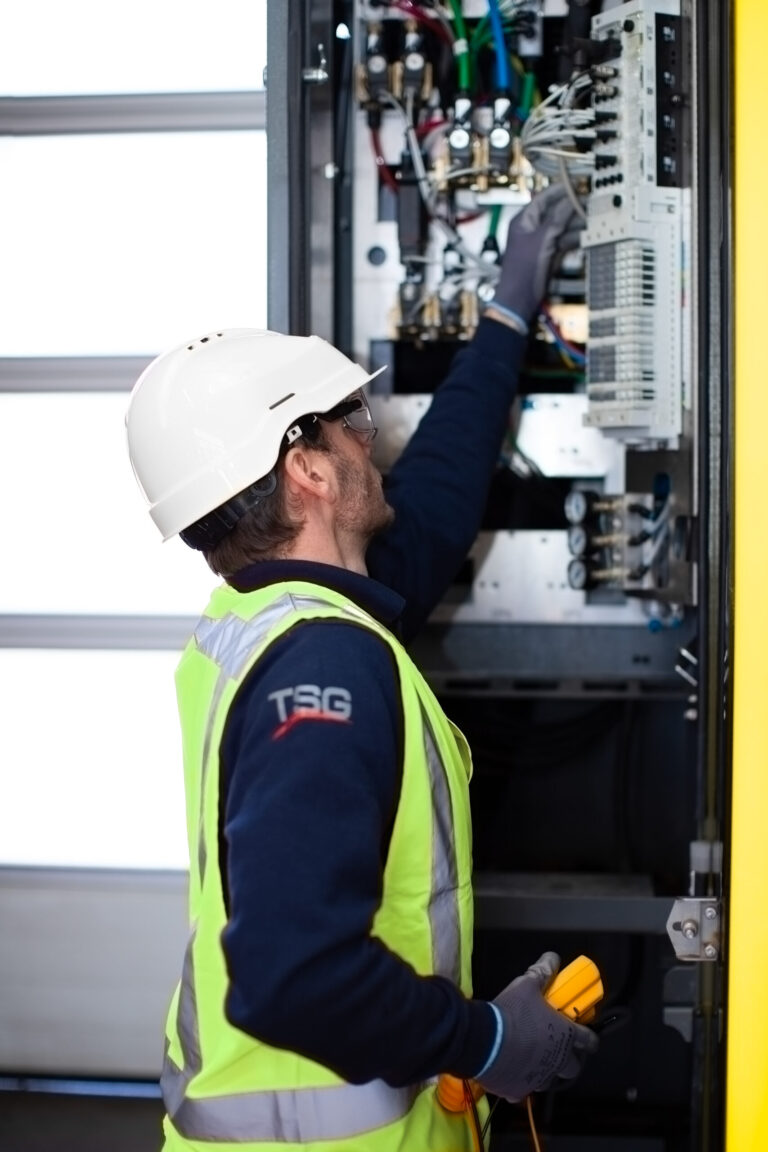
Vehicle Wash Systems: Clean, Consistent, Compliant
Wash systems are complex, high-use assets that require regular attention. Mechanical failures can lead to downtime, customer complaints and costly repairs. PPM helps prevent these issues by ensuring brushes, blowers, nozzles and drainage systems function correctly.
Daily visual checks and test washes can help identify problems early. These include inspecting detergent levels, water flow, pay stations and overall cleanliness. A well-maintained wash facility enhances customer satisfaction and supports brand identity.
Commercial wash operations that handle fleet vehicles must also meet health and safety standards. Regular cleaning is essential to remove road grime, brake dust and other contaminants. Even a short weekly jet wash routine can restore equipment and maintain a professional appearance.
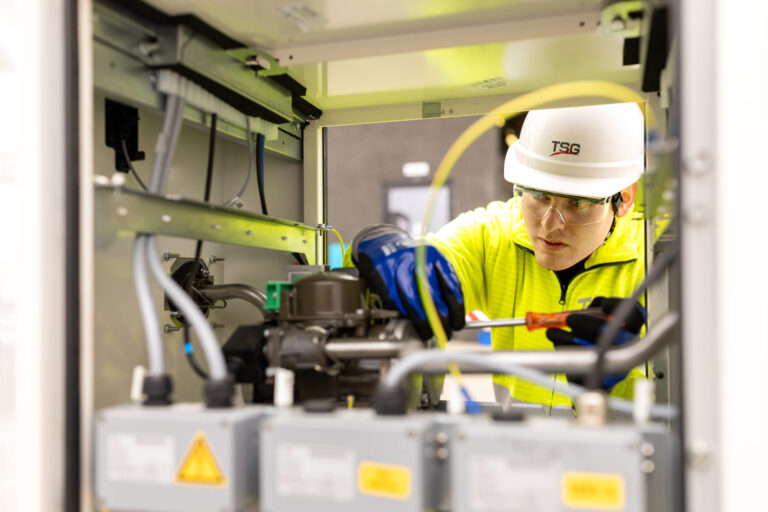
Seasonal Planning for Resilience
Cold weather can significantly damage forecourt equipment. Components may become brittle, pipes can freeze and condensation may lead to blockages. Seasonal maintenance planning helps mitigate these risks.
This includes checking insulation, monitoring fluid levels and ensuring systems are weatherproof. By preparing for seasonal challenges, operators can avoid winter breakdowns and keep their sites operating reliably throughout the year.
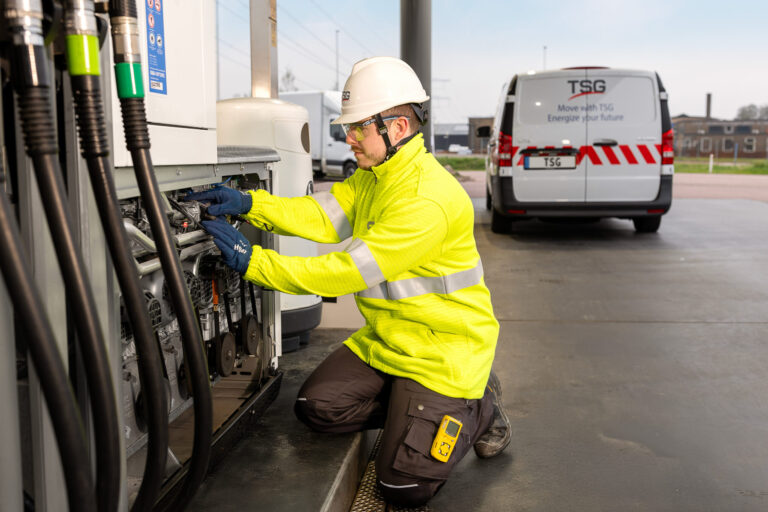
Sustainability Through Servicing
PPM supports sustainability by improving energy efficiency and reducing waste. Well-maintained equipment consumes less power, produces fewer emissions and lasts longer. This aligns with broader environmental goals and helps operators demonstrate their commitment to responsible business practices.
It also contributes to a cleaner, more attractive site, which is increasingly important to environmentally conscious customers.
TSG is Here to Help
TSG UK Solutions recognises the vital role of preventative maintenance in the success of forecourts, EV hubs and vehicle wash stations. With over 50 years of industry experience, TSG supports businesses of all sizes, from independent operators to multinational networks, through tailored service agreements that meet specific operational needs.
TSG’s expert technicians perform scheduled inspections, fault reporting and technical support across diverse equipment types. Larger operators benefit from dedicated account management to oversee service plans, coordinate upgrades and offer strategic maintenance advice.
Managing multiple service providers can be complex and time-consuming. By selecting a single trusted partner, operators benefit from a streamlined approach that delivers consistency, simplifies reporting and provides a clearer view of site performance. TSG’s Care and Protect programme delivers intensive cleaning and maintenance for dispensers, EV chargers, wash systems, lighting and signage, revitalising ageing infrastructure and preserving newer installations.
With TSG, site owners can control maintenance costs, reduce downtime and maintain high service standards across their network. This partnership is built on reliability, expertise and peace of mind.
Author: Cheryl Ashton
